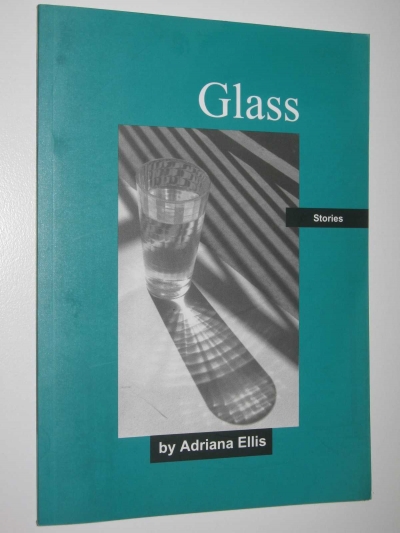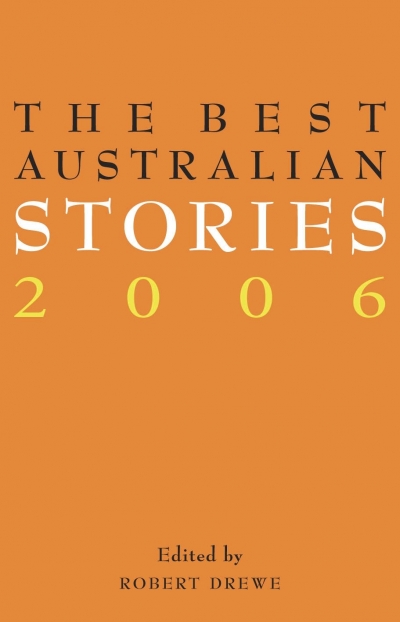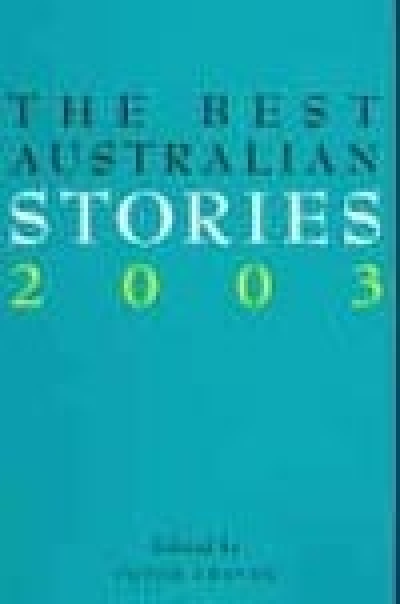Story collections, especially ones that appear annually, hold out shimmering, Brigadoon-like hopes for their readers: that they will offer a snapshot of the times; capture the collective unconscious of a nation and its writers; and, if selected by a well-known writer, reveal something profound about that author’s tastes. Most editors will tell you that the reality is often different. Their wish-list of writers may have published little to select from that year, and have nothing in the bottom drawer when asked; well-known authors, approached on spec, may offer work that is sub-par but which the editor now feels obliged to take. Thus an anthology may end up as more of a compromise than an ideal selection. On the other hand, some anthologies, such as Kerryn Goldsworthy’s Australian Love Stories (1996), Drusilla Modjeska’s Sisters (1993) or the first two volumes of the long-defunct Picador New Writing (1993–94), have managed to pull off precisely this era-defining gathering of collective energy, showcasing our nation’s literature at a high-water mark. In such anthologies, there is a joyful sense of momentum and confidence: the pieces speak to one another with an almost predetermined charge.
...
(read more)



